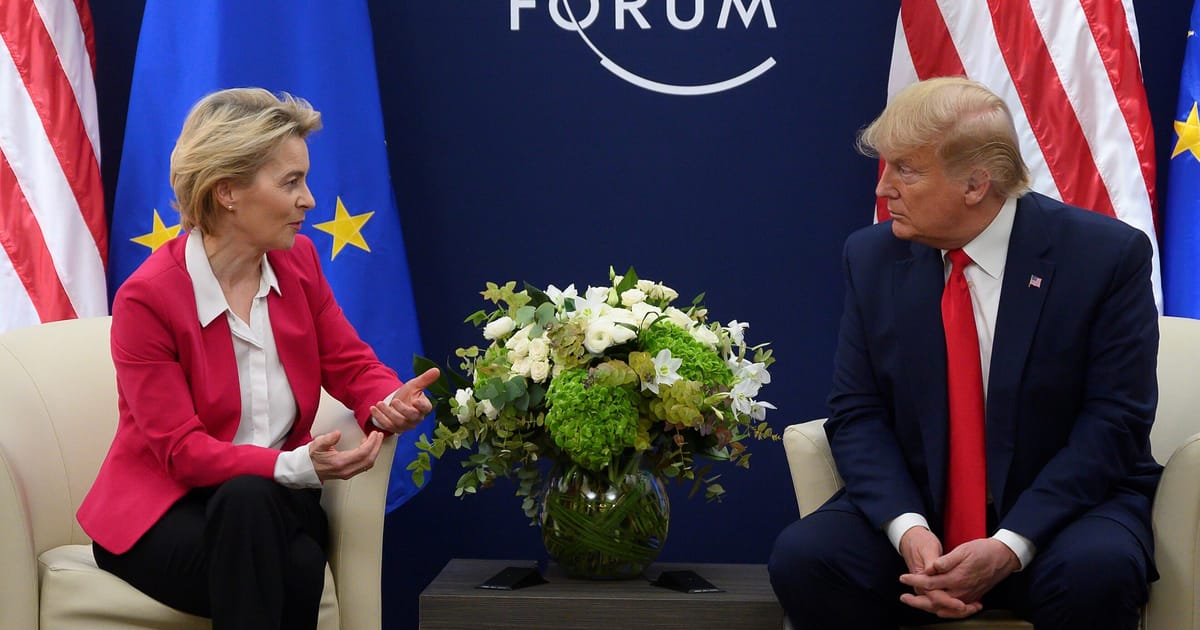

As the world witnesses a confluence of significant diplomatic engagements and geopolitical shifts, leaders across the globe are navigating complex negotiations and advocating for peaceful resolutions. This overview highlights ongoing efforts in international diplomacy, showcasing commitments to fostering positive global relations and addressing pressing humanitarian concerns.
The international stage is set for a potentially pivotal meeting between European Commission President Ursula von der Leyen and U.S. President Donald Trump. Scheduled to meet in Scotland, the leaders of the EU and the United States are poised to discuss a prospective trade deal. President Trump has characterized the likelihood of reaching an agreement as “50-50,” highlighting the intensive negotiations that have been ongoing. The timeline is crucial, as a looming deadline threatens the imposition of a significant 30% tariff on European imports. Both sides remain engaged, seeking a mutually beneficial outcome to enhance transatlantic trade relations.
Meanwhile, in Southeast Asia, the border conflict between Thailand and Cambodia has escalated, leading to the displacement of tens of thousands of civilians. After several days of intense clashes, Cambodia has called for an unconditional and immediate ceasefire. Thailand has indicated its openness to dialogue, yet remains insistent on bilateral negotiations without third-party mediation. As tensions ease, there remains hope for a peaceful resolution that respects the sovereignty and security concerns of both nations.
In Europe, French President Emmanuel Macron’s recent announcement regarding France’s intent to recognize Palestine at the upcoming United Nations General Assembly has resonated sharply with the international community. This bold move comes as France seeks to differentiate its stance from other Western powers, urging a break from longstanding passivity amidst the conflict in Gaza. Macron’s declaration has put additional pressure on other G7 nations, particularly the UK, to clarify their positions on Palestinian statehood.
British Prime Minister Keir Starmer is facing mounting pressure from within his government to align with France’s approach. With numerous cabinet ministers, including Angela Rayner and Yvette Cooper, advocating for the UK to recognize Palestinian statehood, the internal dynamics of the Labour government are under intense scrutiny. As humanitarian conditions in Gaza deteriorate, calls for action have grown louder, with over 221 MPs voicing support for recognizing Palestine as a sovereign state.
Across these areas of the globe, leaders are grappling with the complexity of international relations, each seeking pathways toward peace, stability, and progress. These diplomatic efforts underscore the importance of dialogue, cooperation, and mutual understanding in addressing the challenges of our interconnected world. As negotiations continue and diplomatic discussions unfold, the global community remains hopeful for resolutions that promote harmony and positive change for all involved.
Source: {link}
